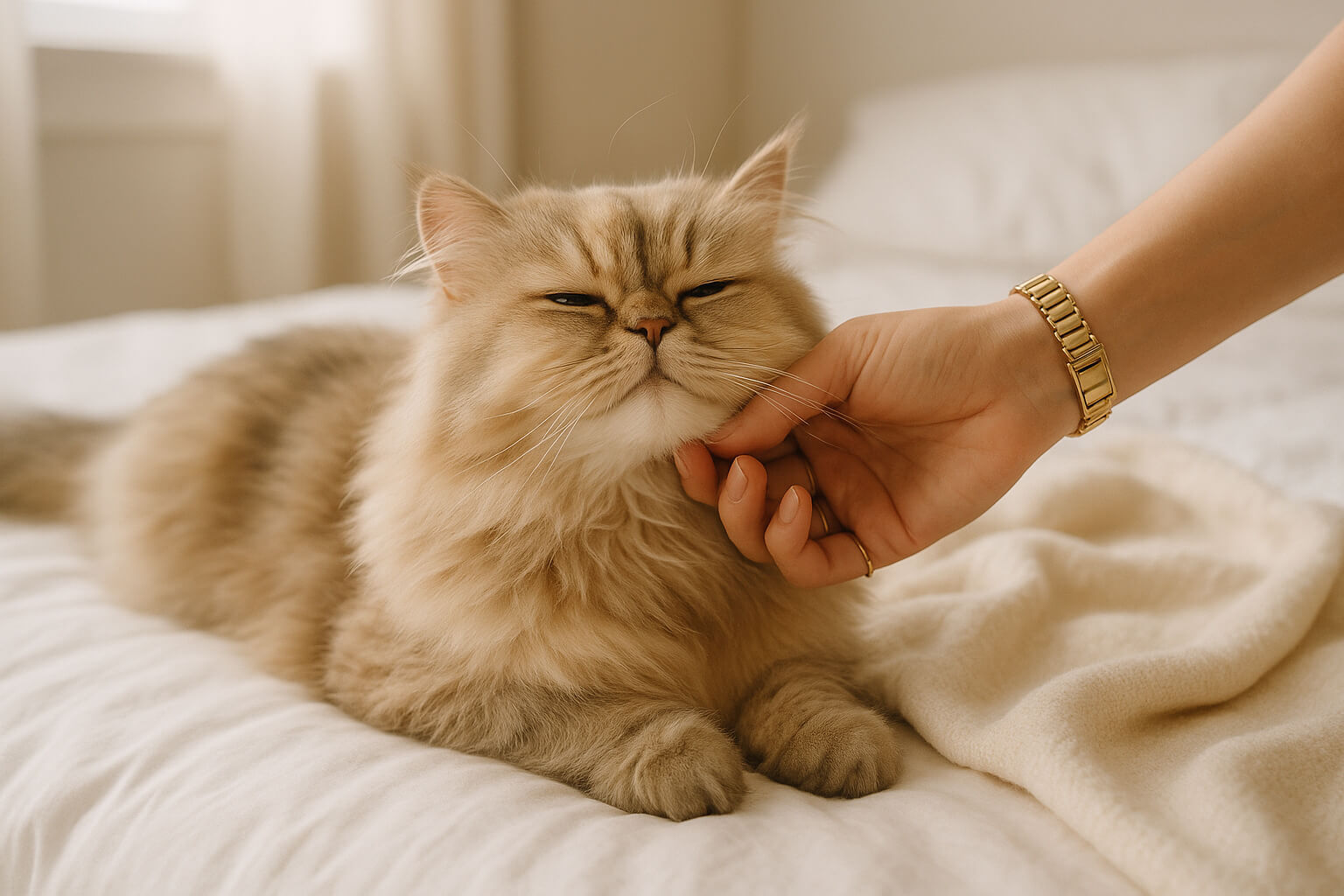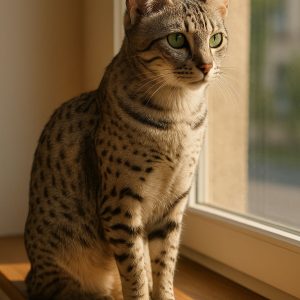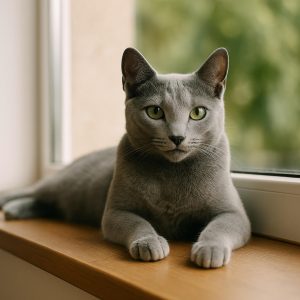Origin and History
The Persian cat is one of the oldest cat breeds. It comes from Persia, which is now Iran. In the 1600s, it was brought to Europe. People quickly loved its long fur and calm look. Over time, breeders changed the way Persian cats looked, giving some of them flatter faces.
Appearance and Coat Characteristics
Persian cats have long, thick fur. They come in many colors and patterns. Their large eyes and round faces give them a soft, sweet look. Some have a flatter face, while others keep a more traditional shape.
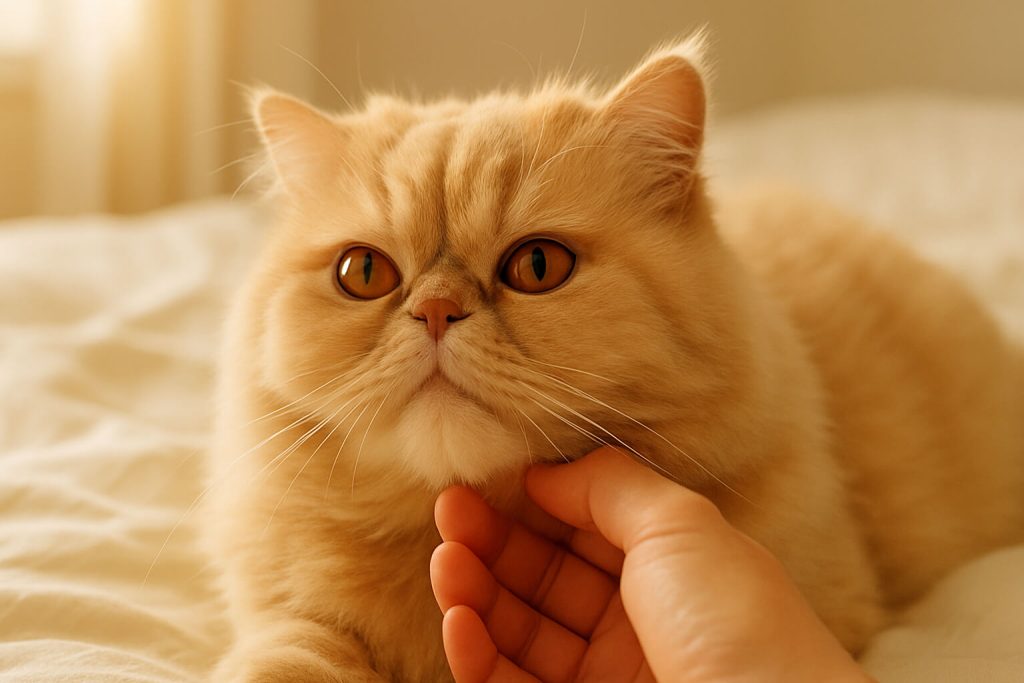
Personality and Behavior
Persian cats are calm and quiet. They enjoy soft beds and peaceful homes. They don’t like loud sounds or too many people around. While they love their owners, they don’t ask for attention all the time. This makes them great for relaxed households.
How to Care for a Persian Cat
Persian cats need more care than most breeds. Their long fur, flat face, and calm nature require special attention.
- Daily Grooming: Brush your Persian cat every day. Use a metal comb and a soft brush. This keeps the coat clean and prevents knots and mats.
- Eye Cleaning: Their flat face can cause extra tears. Wipe under the eyes once or twice a day with a soft, damp cloth.
- Litter Box Care: Long fur can trap waste and litter. Use low-dust litter and keep the box clean. Trim the fur near the back legs to stay hygienic.
- Feeding: Choose cat food made for long-haired breeds. Look for high-protein formulas with omega fats. Persian cats can be picky, so keep meals regular.
- Calm Environment: Persian cats like quiet places. Give them soft beds and cozy spots to nap. Avoid sudden changes or loud events.
- Health Checks: Watch for breathing problems and kidney issues. Persian cats are prone to polycystic kidney disease (PKD). Visit the vet often, and ask about genetic testing if you buy from a breeder.
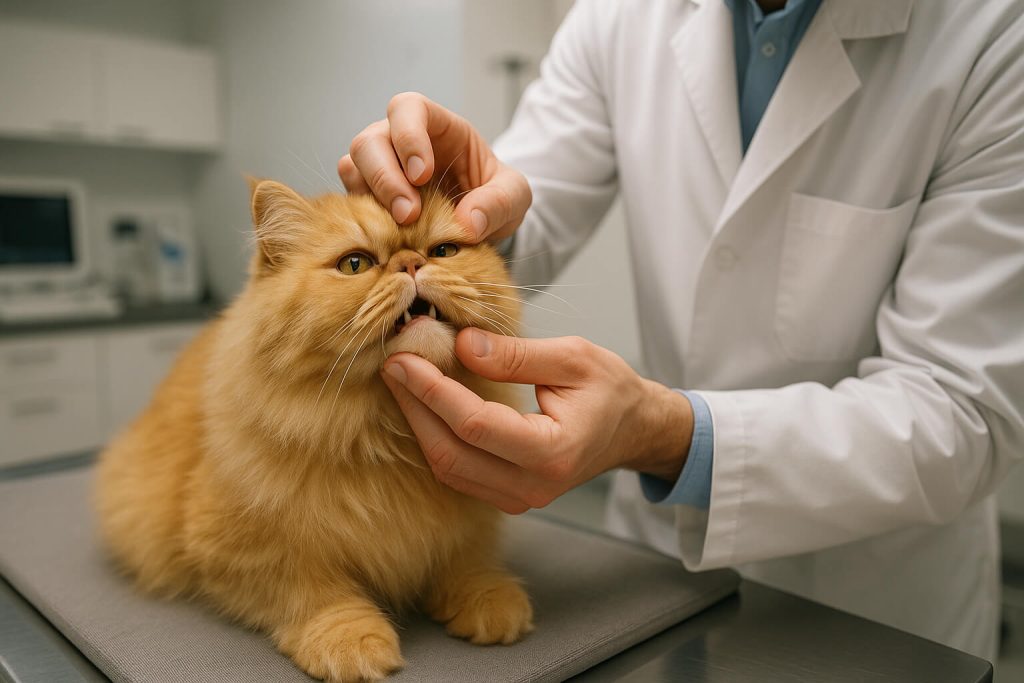
Common Health Concerns
Persian cats are known for health issues linked to their looks.
- Polycystic Kidney Disease (PKD): A genetic problem that affects the kidneys. It’s best to get a cat that has been tested for it.
- Flat-Faced Breathing Issues: Their short nose can make it hard to breathe, especially in heat or stress.
- Eye and Mouth Problems: They often need help with eye cleaning and may have crooked teeth. Regular vet visits help keep these in check.
Is a Persian Cat Right for You?
If you want a quiet, beautiful cat and are ready to spend time on grooming, the Persian cat may be a good choice. But they are not low-maintenance pets. Daily care is a must. If you work long hours or travel often, this breed might not be the best fit. For those who can give steady care and love, a Persian cat is a loyal and calm companion.
